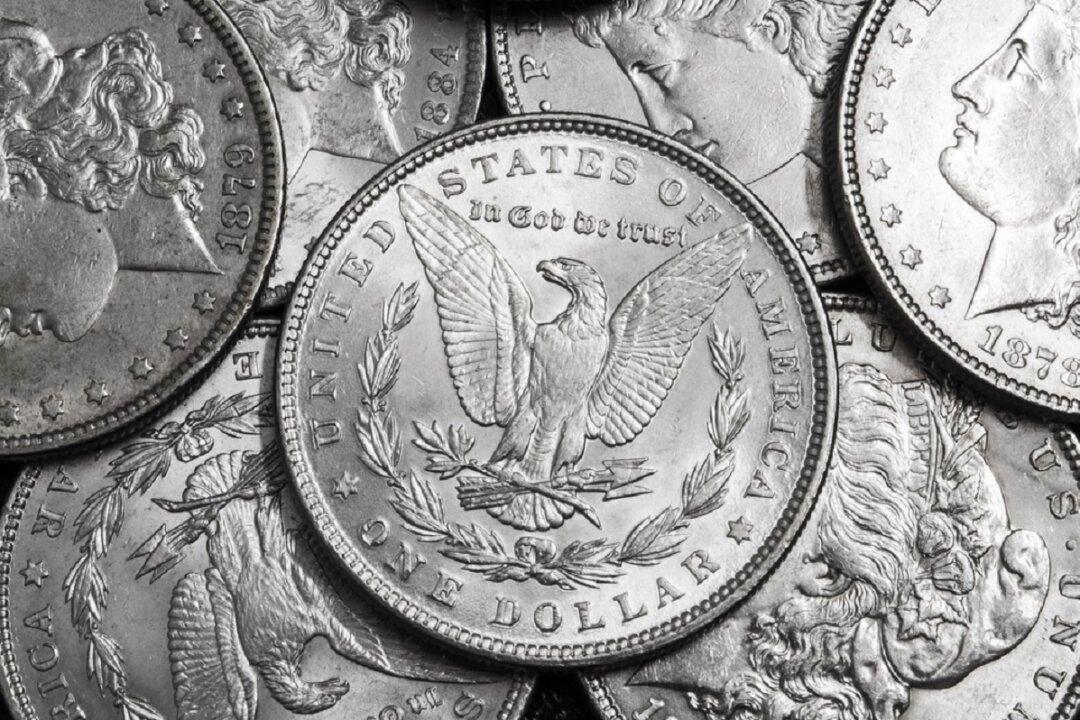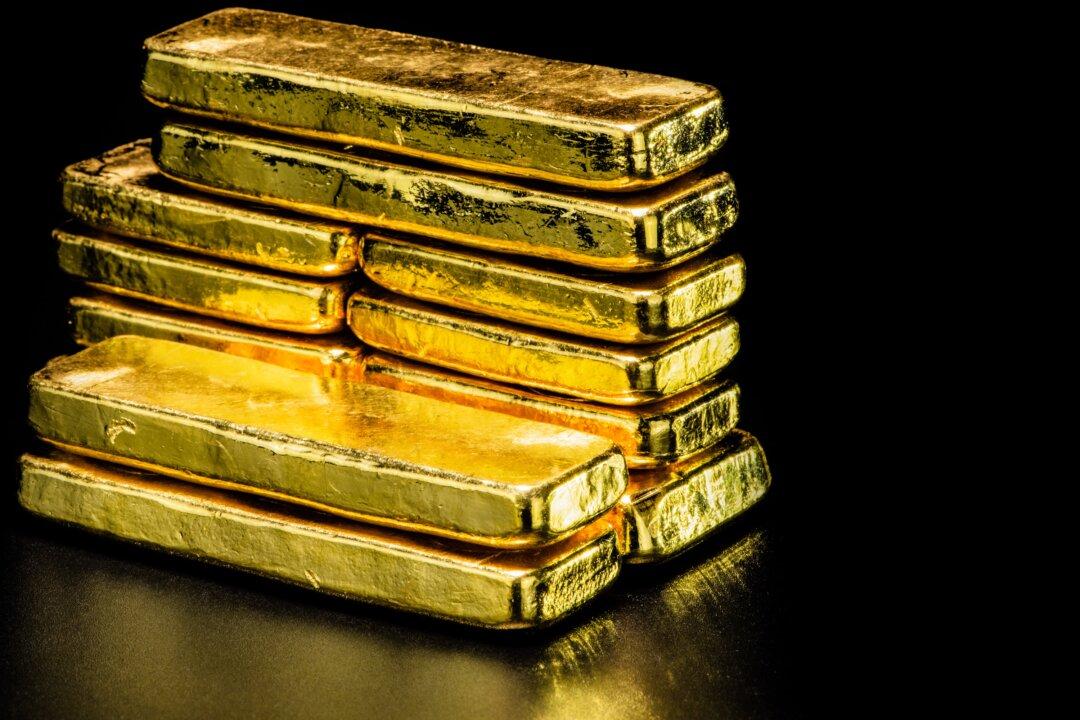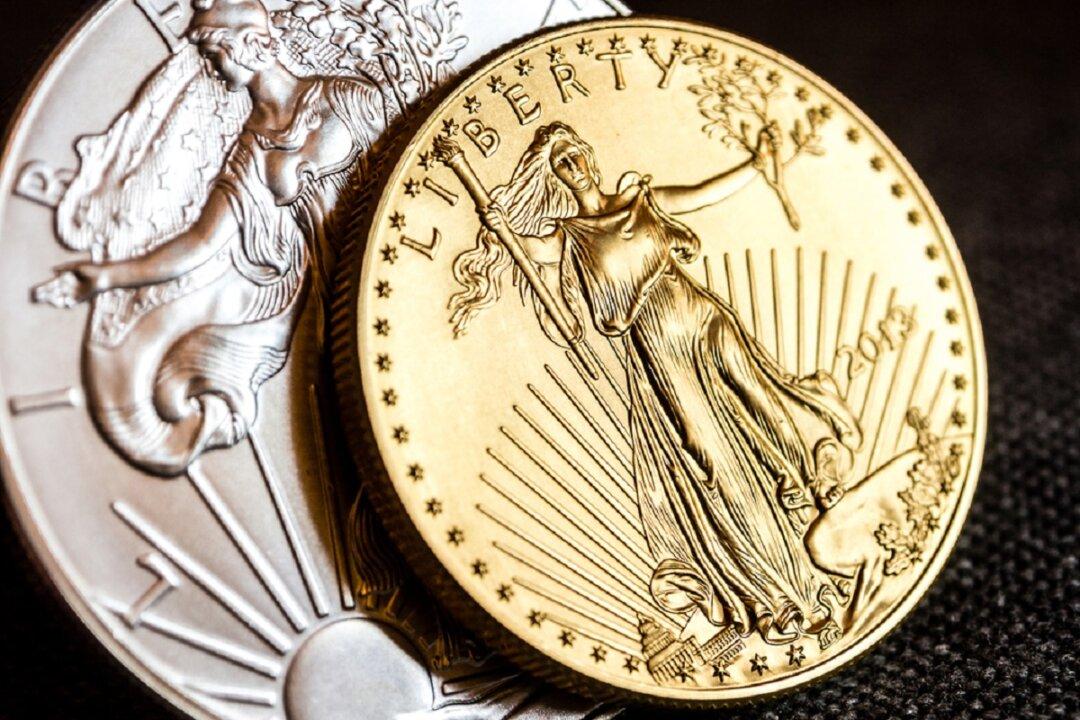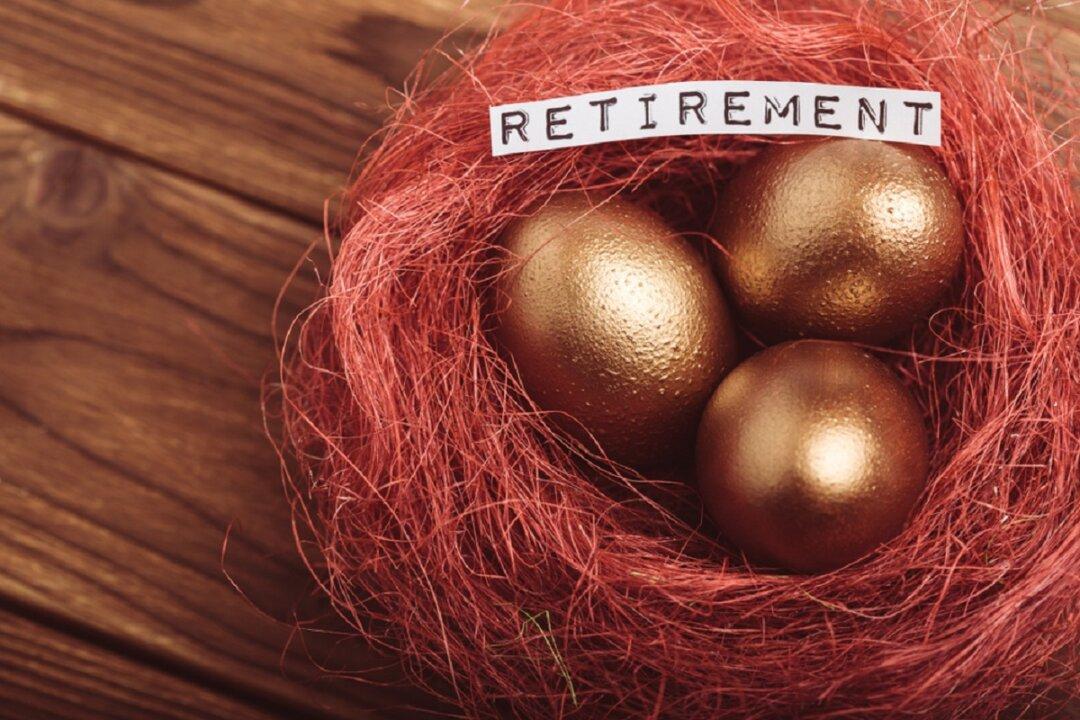Investing in precious metals is an excellent way to diversify your investment portfolio or build a nest egg for a rainy day. Silver coins or bars might be the perfect starting point in your precious metal journey.
Silver storage is challenging because silver has a lower value per ounce than gold bullion or platinum coins and has several unique storage requirements. And since silver is less dense than gold, it will require much more storage space for the same dollar value.





